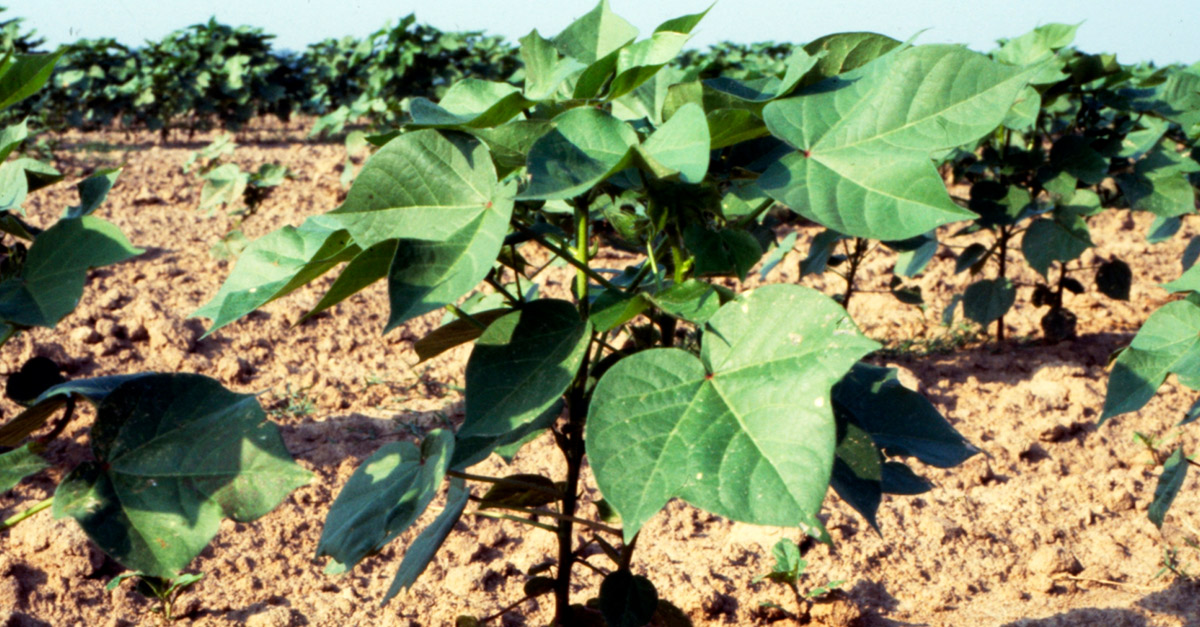New Report on Preventing Plastic Contamination from Cotton Modules
With harvest season fast approaching – and already underway in some areas – it is more important than ever for those who handle cotton modules to be knowledgeable about ways to reduce plastic contamination.
To help in that educational effort, Cotton Incorporated has added a new report titled “Prevention of Plastic Contamination when Handling Cotton Modules” to its producer-directed website Cotton Cultivated. The document provides recommendations to growers, module handlers and ginners about proper handling of round modules from the field to the gin.
The report – compiled by John Wanjura and Mathew Pelletier of USDA-ARS, Jason Ward of North Carolina State University, Bobby Hardin of Texas A&M University, and Ed Barnes of Cotton Incorporated – points out that the U.S. cotton industry has a long history of producing contamination-free cotton, and that there is a need to preserve that reputation. Yet, in the last three years, USDA Classing Offices have been finding plastic that likely originated from round module wrap in cotton samples. To help maintain the reputation of U.S. cotton and prevent significant discounts to the value of a bale, it is crucial that both producers and ginners take steps to prevent contamination.
“With global cotton stocks building due to impact of COVID-19 on textile demand, we need to continue to give textile mills many reasons to prefer U.S. cotton,” says Ed Barnes, Senior Director of Agricultural and Environmental Research, Cotton Incorporated. “One of the reasons has been our low contamination levels, so keeping plastic out of our cotton bales is more important now than ever.”
To view the full report, click here.









